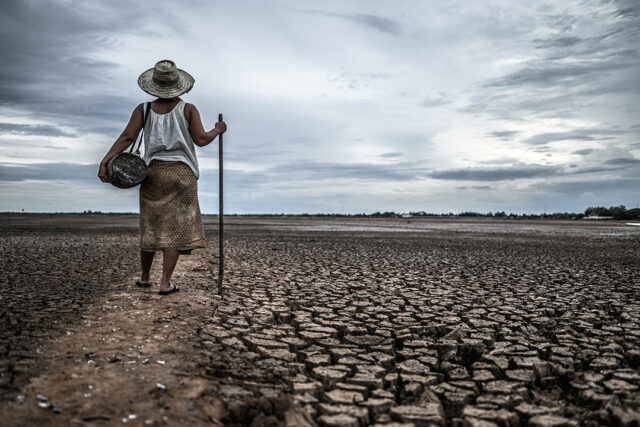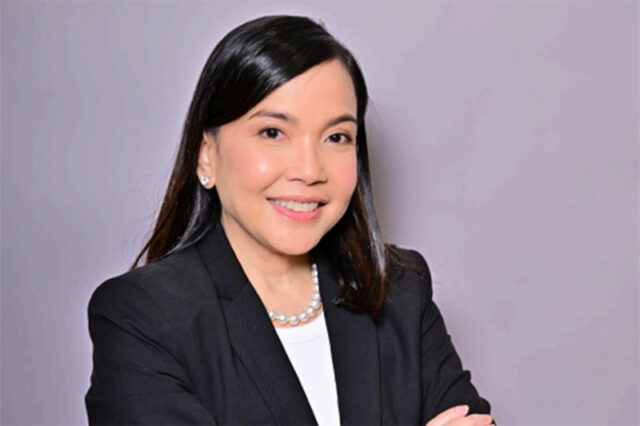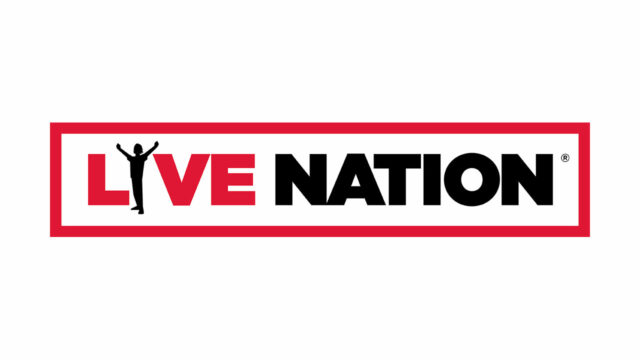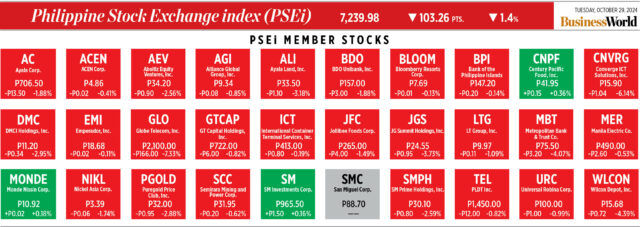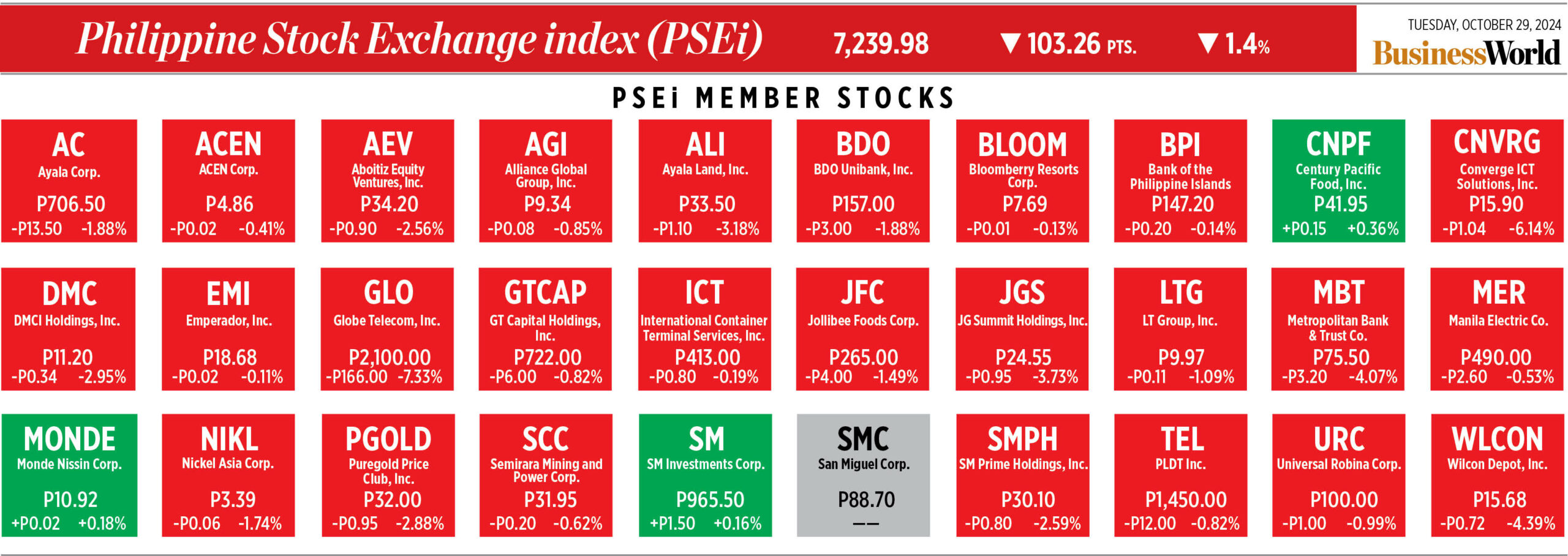Converge ICT advancing IoT integration — Uy
CONVERGE ICT Solutions, Inc. is working to enhance its services and infrastructure by leveraging Internet of Things (IoT) technology and expanding its data centers and subsea fiber networks to meet the growing demand for better connectivity in the Philippines, its top official said.
“Here in the Philippines, we anticipate an influx of utilization of capacities, especially with IoT, data, and artificial intelligence. All of this content, all of them need huge capacity. We are looking at the new age of intelligence today; we are looking after connectivity,” Converge Chief Executive Officer Dennis Anthony H. Uy said during a press briefing on Tuesday.
With the expected demand for data and connectivity, Converge said it is developing its business and projects to better suit the capacity demand in the country.
For instance, the company said it plans to open two data centers with a combined capacity of 13 megawatts in 2025.
“We will activate it in the first quarter of 2025, and we will build a computing zone; this is a virtual computing machine. On top of this computing data center, we will build the application layer, which is connectivity,” Mr. Uy said.
“We are now also on the way to build digital infrastructure with a multiple edge cloud and data center strategy,” he added.
The company said previously that it was also on track to complete the construction of its international subsea fiber networks by next year.
The Bifrost cable system is expected to be completed by the first quarter of next year, and the Asia-Hainan-Hong Kong Express (SEA-H2X) Submarine Cable System is set for completion by the second quarter of 2025, it said earlier.
“[Our] goal is to drive the expansion of IoT solutions in the Philippines by creating a collaborative environment where local and global stakeholders can connect, share insights, and explore innovative technologies,” said IoT solutions provider Packetworx, Inc. Chief Marketing Officer Raisa Orbon.
Like artificial intelligence, IoT continues to gain momentum in the country as telecommunications companies capitalize on its growth to further strengthen by providing reliable connectivity.
“To support this growth, the DICT is laying the groundwork for a robust IoT ecosystem. Our initiatives focus on infrastructure development, smart cities, industry support, and countryside development,” said DICT Industry Development Bureau Director Emmy Lou V. Delfin.
The development of IoT in the information and communications industry is important as the country’s IoT market is expected to reach P165 billion within this year and has a projected annual growth rate of 20% from this year until 2029.
She said DICT’s programs like the National Broadband Program and its Free Wi-Fi for All project will help bridge the digital gap by providing internet access to Filipinos.
“This connectivity is the foundation upon which IoT thrives, enabling applications across healthcare, agriculture, logistics, and government services,” Ms. Delfin said. — Ashley Erika O. Jose




